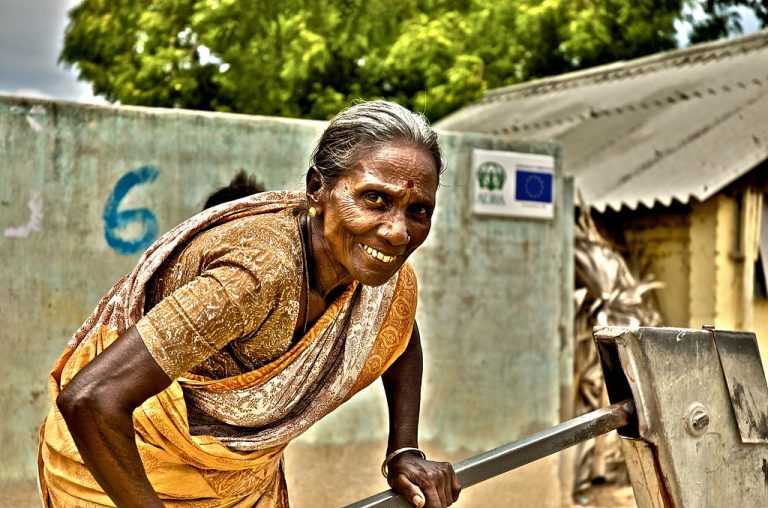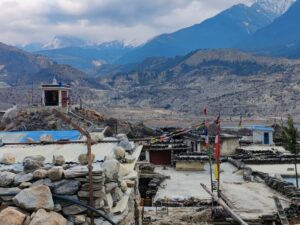EU Civil Protection and Humanitarian Aid. Attribution-NonCommercial-NoDerivs 2.0 Generic (CC BY-NC-ND 2.0)
This 2-year project, funded under the British Academy’s GCRF Sustainable Development Programme, generates applied knowledge on experiences of recovery in post-disaster settings within India using historical research and creative, participatory methodologies drawn from the humanities and social sciences.
The hypothesis of the research is that recovery processes that recognise and respect the dignity of socially differentiated populations will result in more sustainable responses, minimising ongoing trauma.
At the heart of the project is a focus on recognising and respecting the dignity of affected populations. In the initial rush to respond to disaster events, the rights, voices and ways in which affected populations are represented can homogenise and undermine rather than support their dignity, prolonging the experience of trauma and, ultimately the time it takes to recover.
Longer-term responses to disaster events then have a tendency to view the recovery process through technocratic and managerial fixes, downplaying the more human-focused aspects (e.g. the psychosocial elements) and ignoring the individual and socially differentiated ways in which disaster and recovery are experienced.
Focusing initially on experiences of major disaster events in Odisha (1999, 2013, and 2019) and Tamil Nadu (2004, 2015, and 2018), the project uses archival research, narrative analysis and interview techniques to understand existing framings of recovery.
In a second phase, the project then applies this knowledge to challenge representations and strengthen the voices of disaster-affected groups in contemporary post-disaster contexts. Coproduced elements of the research, including a travelling exhibition curated by disaster survivors, place affected populations at their hearts.
The impact is built into the fabric of the project through the integration of research with engagement and dissemination activities.






